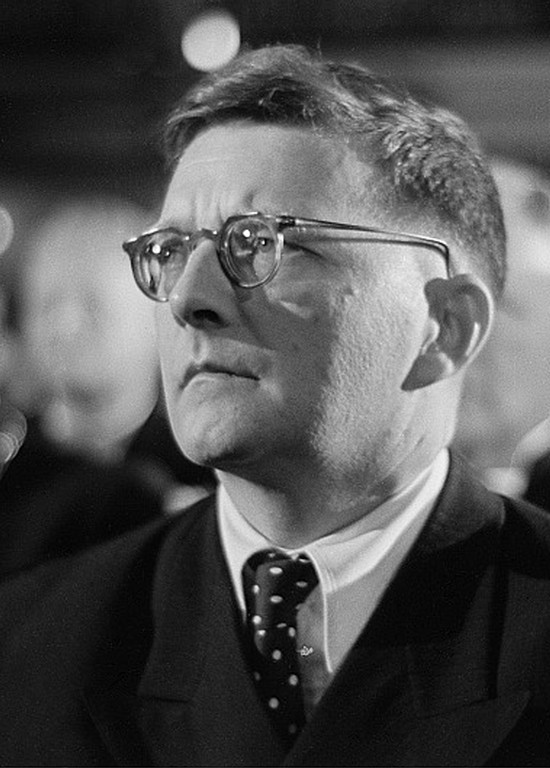
“How long does it take to learn to play the violin?” Well, what do you think? It’s a question I was asked dozens of times by well-meaning parents when I used to teach music at a secondary school in The Old Country. Being the person in charge of the music department, it fell to me to meet parents at open evenings and tell them about the opportunities the school had to offer. There’s a consensus among music educators that to reach a professional level at a musical instrument you need to invest around 10,000 hours of practice time. That means with two hours of practising every day it will take roughly thirteen years. Of course, a small minority of children are so talented that they reach a high level of competency in far less time.
When I was asked the “how long does it take” question I tended to answer “it depends how competent your child wants to become.” At the time, that seemed a reasonably honest answer. Teachers know perfectly well that some children drop lessons quite quickly, because instrumental tuition is far more challenging than the child or parents imagined. Most children have no aspirations to be professional musicians – they are quite happy to reach a standard at which they could play in the school or local orchestra. Some drop lessons the moment they leave school.
The main reason we teach instruments in schools is that it enriches a child’s life and education. Many studies have revealed that children who play an instrument invariably do better at school than other children. Recent research has also suggested that exposure to practical music-making music may accelerate a child’s reading age and the development of cognitive skills. It benefits language development, reasoning and memory. It helps to develop skills of coordinationand involves learning to understand musical notation. It encourages the search for self-improvement, and as a result involves self-discipline.
Of course, itrequires constant practising but this is not merely about repetition. Effective practising involves analyzing musical or physical problems and identifyingstrategies to overcome them. This is why teachers are so important because they guide the learner, influence the practising strategies and keep the child on track.
Research has also shown that children who successfully engage in music-making tend to be more emotionally developed; they develop a better imagination and intellectual curiosity and thus become more effective creative thinkers. They learn to assess risks more responsibly and invariably acquire a greater degree of self-confidence.
Playing an instrument well is also tremendously rewarding. There’s a huge sense of achievement in learning to play well. It’s fun too, especially when the child is competent enough to join others in a school or local orchestra which helps build a sense of team spirit and camaraderie.In many countries there areopportunities for children who have begun to acquire basic mastery of an instrument.
The Festive Overture dates from 1954 and its sense of joy perhaps reflects Shostakovich’s feeling of relief that the dark Stalinist episode in Russian history had finally drawn to a close. The music bears more than a passing resemblance to Glinka’s Russlan and Ludmilla overture with a similar mood, style and tempo. The overture demands orchestral playing of the highest calibre and this British children’s orchestra gives a fine and spirited performance. This sizzling, exciting music is brilliantly orchestrated and the tension hardly lets up: it’s a breathless race to the finishing line. In some ways, the overture is slightly over-the-top, bordering on vulgarity but I thinkthis was exactly what the composer intended.
There can be few classical music enthusiasts who haven’t heard of El Sistema, Venezuela’s vast music education programme which began in 1975 under the leadership of José Abreu. It emphasizes intensive ensemble work from the earliest stages and relies on group learning and peer teaching. By 2015, El Sistema included more than 400 music centers and 700,000 young musicians. These are staggering numbers, yet participation is theoretically free for all students, the enormous and expensive organisation being financed by the Venezuelan government. Adaptations of El Sistema have appeared in other countries, notably the USA and Canada but also the UK, Portugal and The Philippines.
Here are a few minutes of sheer musical joy as conductor Simon Rattle takes the enthusiastic young musicians through Bernstein’s exuberantMambo.It comes of course from the Symphonic Dances from West Side Story. There’s double-bass twirling, jumping in the air and other high jinks, a bit unusual for the otherwise sober Salzburg Music Festival, held in Mozart’s home town. One can’t help wondering what Wolfgang would have made of this performance. I suspect he would have loved it.
 |
 |
 |





